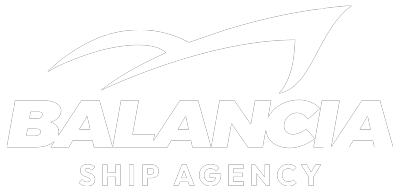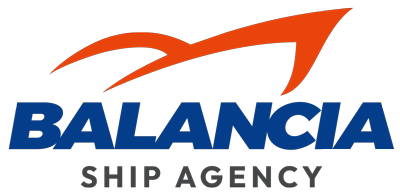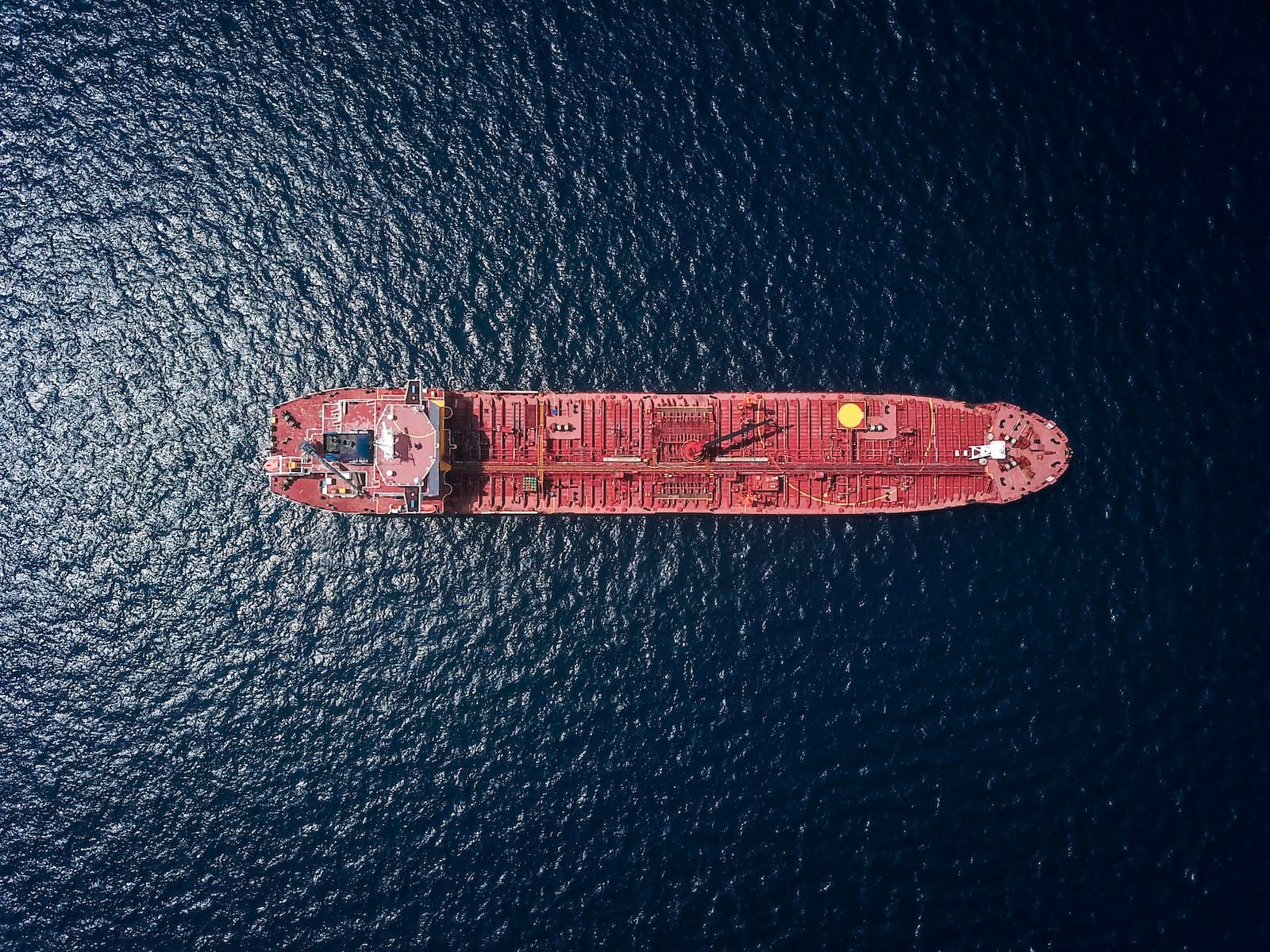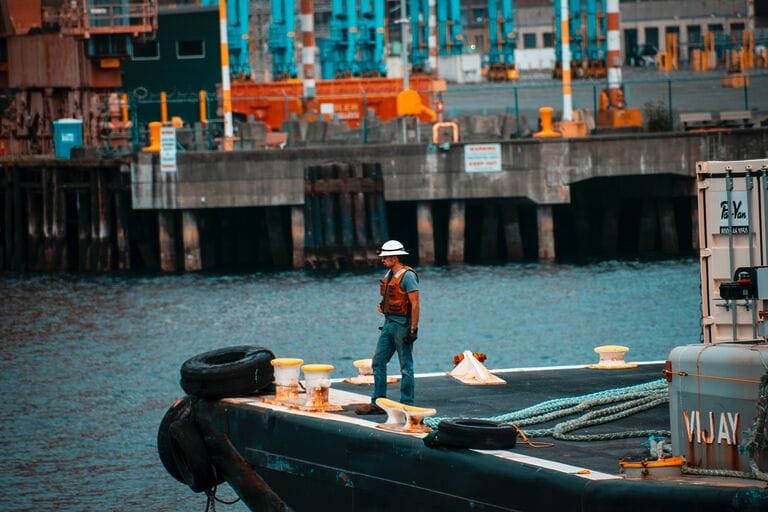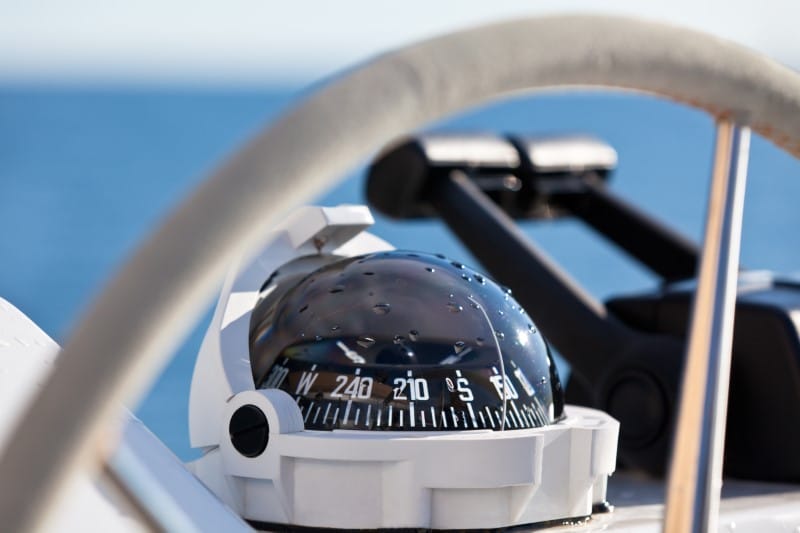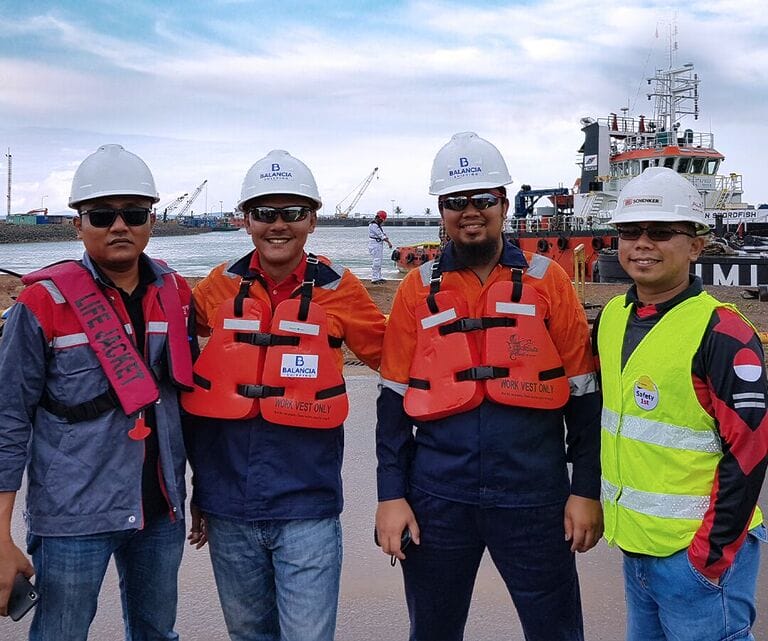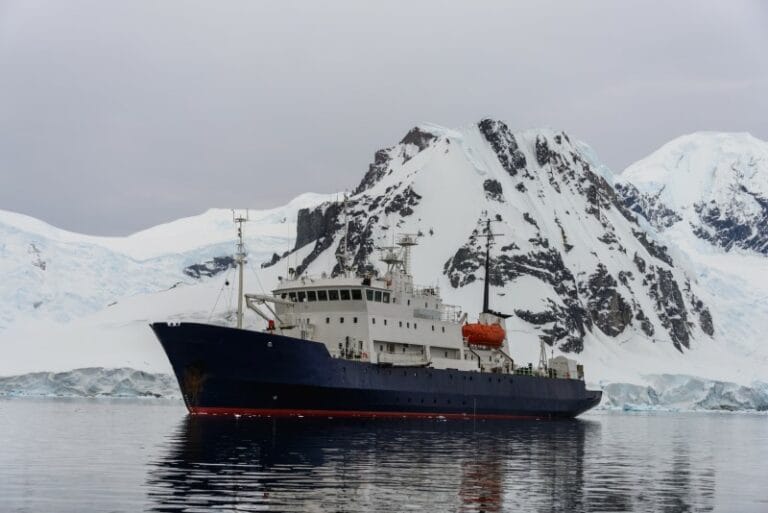Distinguishing International Waters from the High Seas
The terms “international waters” and “high seas” are often used interchangeably due to their shared reference to the ocean areas that fall beyond any single state’s jurisdiction. However, their legal definitions highlight a nuanced difference. “High seas” specifically pertains to waters beyond national jurisdiction, while “international waters” encompasses a broader spectrum of maritime spaces where international law is applicable.
High seas encompass all areas not subject to Exclusive Economic Zones (EEZs), territorial waters, or a country’s inland waters. The concept of “Mare Liberum,” asserting that the sea cannot be owned by any entity, underscores this notion. Article 87(2) of the United Nations Convention on the Law of the Sea (UNCLOS) tempers the freedom of the high seas by stipulating that it should be exercised while considering other states’ interests in their own high seas activities.
Oil Drilling in International Waters
The exploration and exploitation of natural resources, including oil and gas, in international waters adhere to specific regulations. UNCLOS establishes the International Seabed Authority (ISA) to govern deep seabed mining beyond national jurisdictions. However, oil and gas drilling in international waters outside this designated “Area” generally relies on state agreements, customary international law, and commercial arrangements. This encompasses obtaining licenses and complying with environmental protection standards.
International Tribunal for the Law of the Sea (ITLOS)
The International Tribunal for the Law of the Sea (ITLOS) was established as a result of efforts following the implementation of UNCLOS in 1994. This intergovernmental organization, formed by the mandate of the Third UN Conference on the Law of the Sea, was brought into existence through the UN Convention on the Law of the Sea, signed in 1982. The ITLOS, operational since October 21, 1996, operates under a jurisdiction that requires the consent of states for it to be binding.
Notable Maritime Disputes :
- Chile-Peru High Seas Squid Dispute: Chile and Peru have engaged in a prolonged dispute regarding the management and exploitation of squid resources in the Humboldt Current on the high seas. The disagreement stems from divergent interpretations of the maritime boundary and the impact of each nation’s fishing practices on the shared squid stock.
- Spain-Canada Turbot War: The “Turbot War” was a high seas conflict between Spain and Canada during the 1990s. The disagreement emerged when Spanish trawlers were accused of overfishing turbot in international waters off Newfoundland, Canada. Canada responded by seizing Spanish fishing vessels, escalating tensions between the two nations.
- Japan-Russia Northern Territories Dispute: Japan and Russia’s territorial dispute over the Kuril Islands in the northern Pacific Ocean involves fishing rights and access to the abundant marine resources around the islands. This conflict has strained bilateral relations and hampered regional cooperation.
- Taiwan-Japan Fishing Rights Dispute: Taiwan and Japan have intermittently clashed over fishing rights near the disputed Senkaku/Diaoyu Islands in the East China Sea. Both nations claim sovereignty over the islands, leading to differing interpretations of maritime boundaries and fishing rights, increasing tensions between the two countries.
- Iceland-Britain Cod Wars: Iceland and the UK engaged in a series of conflicts called the “Cod Wars” in the mid-20th century. The disputes revolved around Iceland’s expansion of fishing limits in the North Atlantic, impacting British fishermen’s access to cod-rich waters. These conflicts involved naval vessels and influenced changes in international law concerning exclusive economic zones.
In conclusion, the distinction between “international waters” and the “high seas” lies in their legal definitions, even though they are often used interchangeably. “High seas” refers specifically to areas beyond national jurisdiction, while “international waters” encompasses a broader range of maritime spaces governed by international law. The exploration and exploitation of natural resources like oil and gas in international waters follow regulations outlined in the United Nations Convention on the Law of the Sea (UNCLOS), with the International Seabed Authority (ISA) regulating deep seabed mining.
The establishment of the International Tribunal for the Law of the Sea (ITLOS) further emphasizes the importance of resolving maritime disputes through international legal mechanisms. Notable maritime conflicts, such as the Chile-Peru High Seas Squid Dispute and the Spain-Canada Turbot War, underscore the complexities arising from shared marine resources and differing interpretations of boundaries. Similarly, disputes like the Japan-Russia Northern Territories Dispute, the Taiwan-Japan Fishing Rights Dispute, and the Iceland-Britain Cod Wars illustrate how disagreements over territorial claims and resource access can strain international relations and necessitate legal resolutions.
These cases collectively demonstrate the significance of a well-defined legal framework for maritime activities and the resolution of disputes, highlighting the crucial role of international law in maintaining order and cooperation in the vast and complex realm of the oceans.
Need Help At Sea ? Contact Us Now!
BALANCIA SHIP AGENCY
HQ Address : Komplex Ruko Golden City Block C No.3A, Batam City, Indonesia 29432
www.balancia.co.id
Mobile Ph. : +628112929654
Office Ph. : +627784883769
